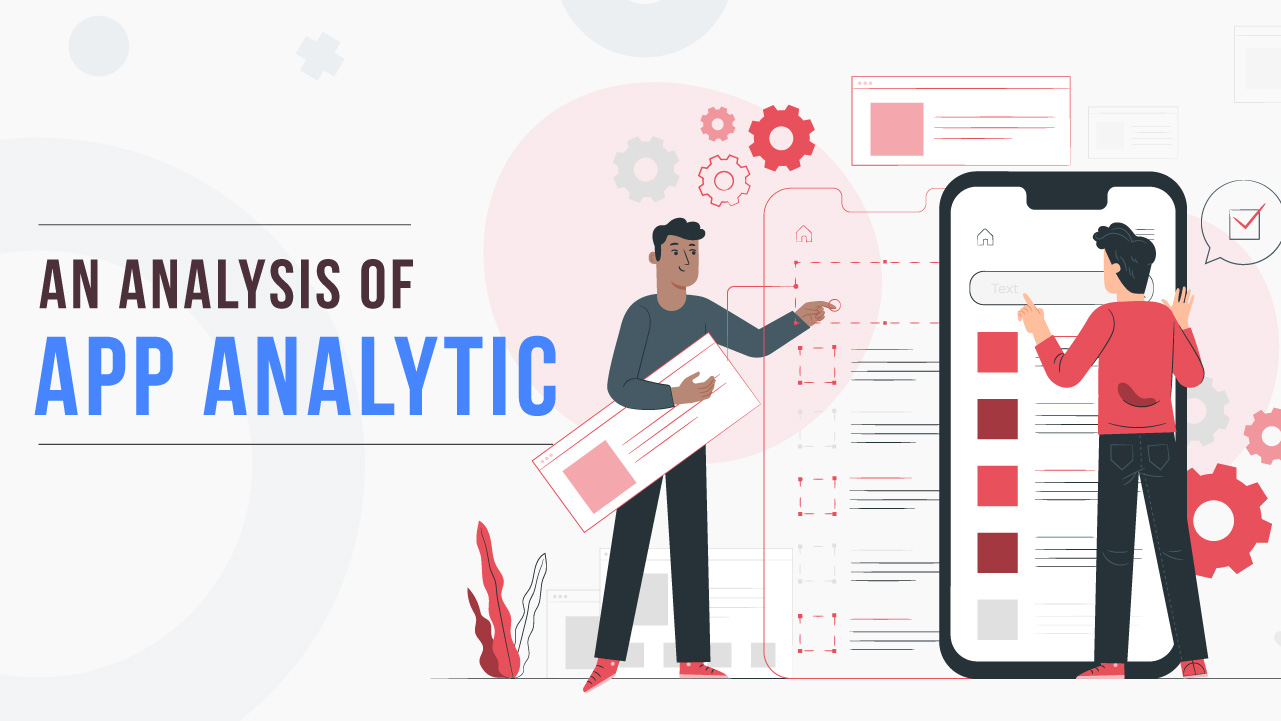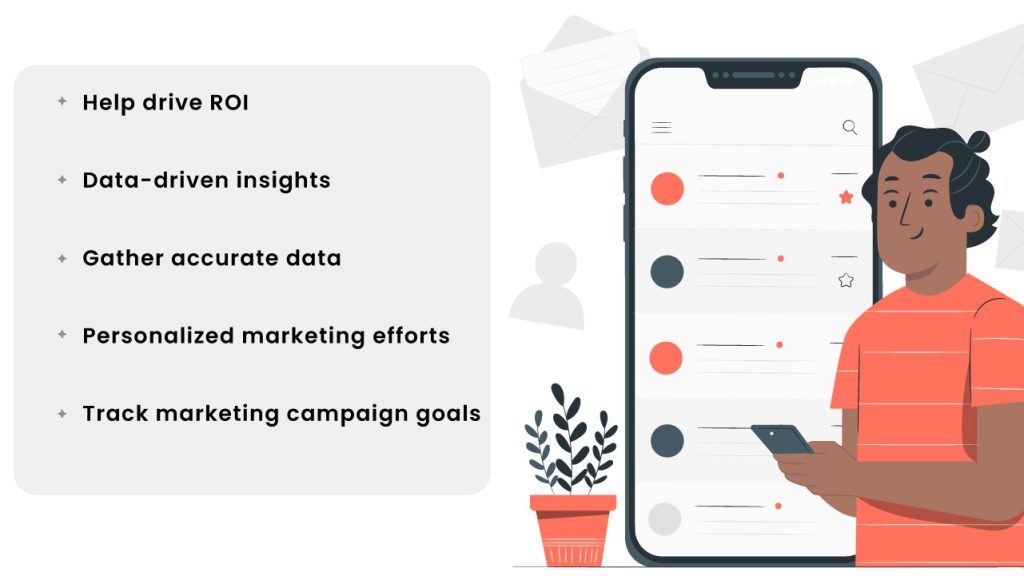An Analysis of App Analytics

An application also referred to as an app, is a software package that performs certain functions for an end-user. It is either self-contained or a set of programs. A mobile application is a software designed to run on mobile devices.
It is a very known fact that value creation for the customers affects the growth of the app directly. But you can’t know how to make the app better to increase traction without knowing which acquisition channel works best for you. For the best outcome, you should integrate the app analytics with the marketing plan.
Before knowing the actual advantage of app analytics, let’s understand what exactly is app analytics.
What is Application Analytics?
As the process of making an application live gets easier, the number of applications is also increasing. But the number of successful applications is a handful. This is where app analytics tools come into the picture. It collects and analyzes application insight metrics which enables the companies to improve their application. Tracking the relevant set of metrics is also enabled through this, which lets the company have a competitive edge.
The analytics is a collection of real-time data and usage patterns, for mobile, desktop, or web applications. The major purpose of this is to get insights into operations, customer experience, and business outcomes. These insights can be used to make improvements in the product, marketing strategy, and thus the overall profitability.
In simple words, app analytics is a medium that helps you understand how your users are engaging with the application.
How Does App Analytics Benefit Any Business?
When the market is full of different apps, using the right data can make or break the app’s success. The market is highly competitive, and even one tiny mistake in the app can cost a customer. But the problem is in identifying the problems. There are several problems which range from identifying the users, the time they spend on the app, features they like or don’t like, etc. even though these factors are identified, the company has to focus on how to overcome these hurdles. An app analytical tool is something that will allow one to get these valuable insights.
The major benefits of using app analytics tools are as follow:

- Help Drive ROI: With the ease of building apps, there are now millions of applications that are fighting to get more visibility. Planning an acquisition strategy with no proper planning in such a competitive market is a clear threat. Without a proper ROI targeted acquisition strategy, the company is likely to invest its fortune in the wrong channel. Analytics for apps allows one to judge the best strategy to gain more ROI.
- Data-driven Insights: Customer engagement is always a huge buzz, but without a strong app engagement it is impossible to build a strong pool of loyal customers. The base of any app to gain more customers in order to achieve growth is linked with a higher retention and engagement rate. Many successful apps use app analytics to focus on customer engagement, performing acquisition channels, and identifying the gaps between churn and retention. The app analytics tools play a key role in giving the solutions around the possible churn based on real-time data.
- Gather Accurate Data: Understanding a customer is not an easy task, especially if you don’t have a hold on their using pattern & behavior. An app analytics tool allows one to gain real-time customer insights, which can be used effectively to serve all customers across different stages.
- Personalized Marketing Efforts: Using app analytics tools, one can now create a personalized customer experience by individual targeting. To increase the open rate, apps deliver customer-targeted push messages. Integrating app analytics with marketing campaigns can help in winning back the churned customers by giving them a targeted experience. With the deep insights from an app analytics tool, it becomes easy to identify the new customers who can be easily converted into higher lifecycle stages. By analyzing the insights on customer behavior and profile data, one can find the customer-centric approach that will garner better results than bulk targeting.
- Track Marketing Campaign Goals: Integrating the app analytics tools will allow you to explore a whole new set of customer insights to get inspired from. With the advancements, the app analytics, application marketers can also gain individual and likewise customers. With this, they hold unlimited chances of capitalizing on the insights.
Summing Up:
Mobile app analytics allows you to create the best acquisition strategy, which can give you more ROI and build the app in a way that benefits your customers the most. Given today’s market competitiveness, the insights from app analytics tools help you to stand out. The app marketers can move from investing in preferred acquisition channels to investing in the right ones.
The detailed, specific customer insights open up the possibility for new marketing channels that would work best for your target customers. Thus the marketers need to keep an open mind to gather new points.
As the app makers mark their presence on all acquisition & better marketing channels, the performance of the app will be elevated and the data points gathered will help you focus on the betterment of the app.
Related: Go-to-market Strategies for Your Mobile Applications




